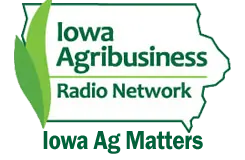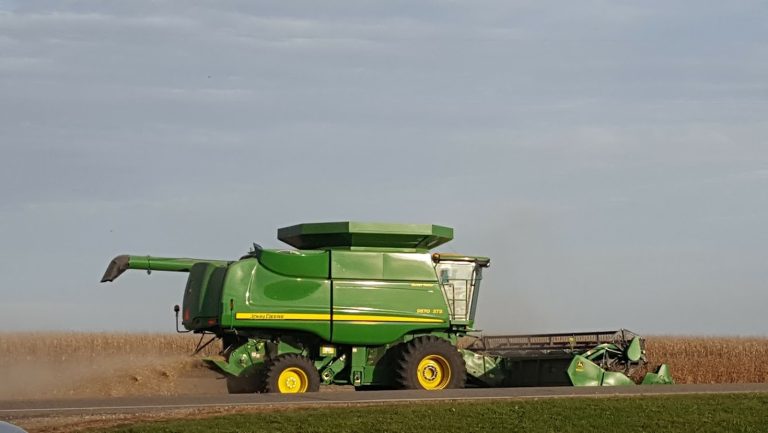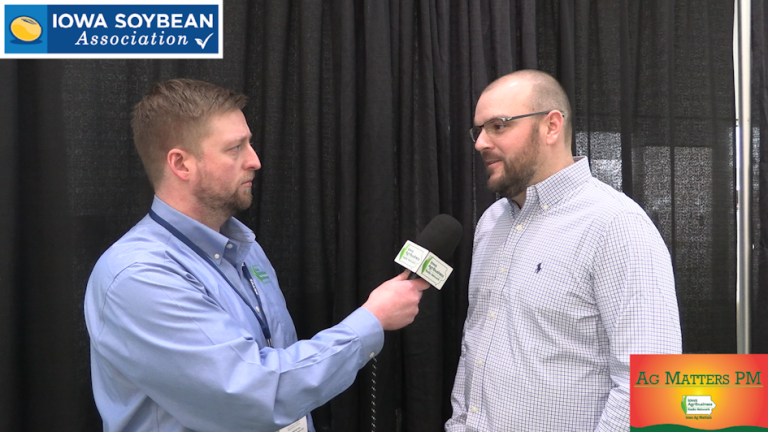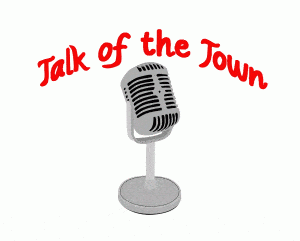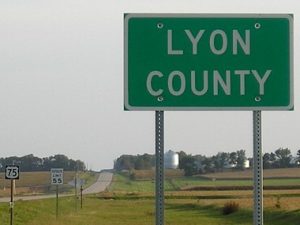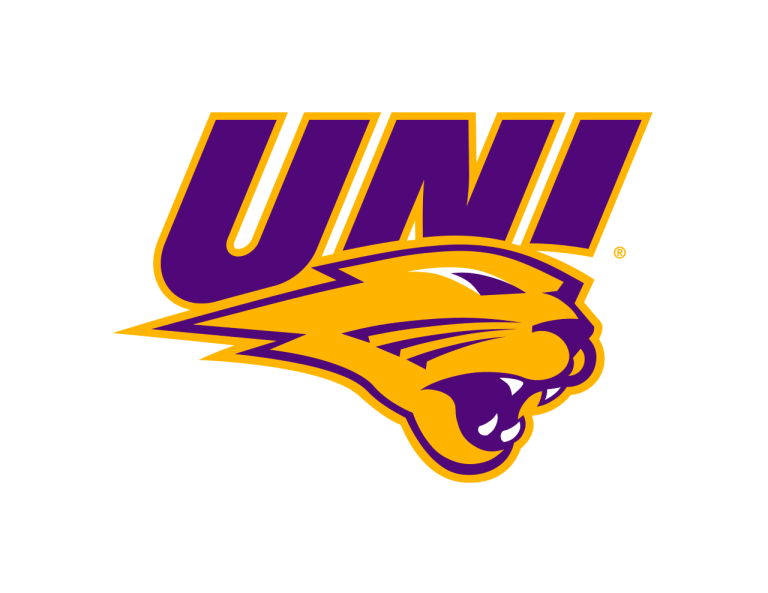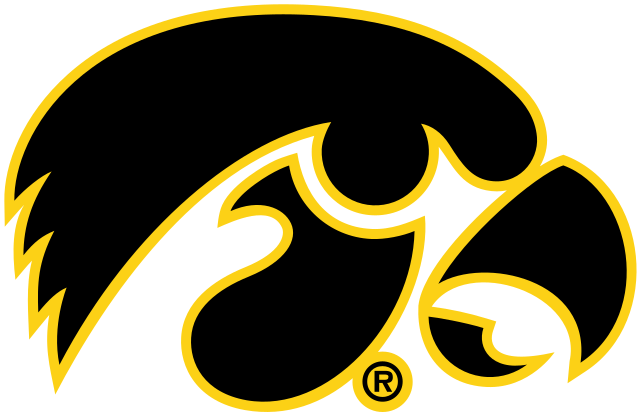IARN — The carbon marketplace has been a hot topic in the ag sector in 2021 and the United Soybean Board is helping farmers understand these new markets.
Jack Cornell is director of sustainability for the United Soybean Board. He says a new survey shows farmers need more information and guidance to take advantage of carbon markets. Cornell explains that carbon conservation programs offer new opportunities for growers.
“Farm Journal found that carbon markets are poised for growth over the next three years,” said Cornell. “But the space is super messy. It’s hard to find entry points or if you qualify. Right now, there’s only three percent of farmers that are currently engaged in this space with 55 percent saying that they will engage in this space in the next one to three years. It could be a great opportunity for farmers to help mitigate some of the risks that they take when they do some of these climate smart activities.”
Cornell offers some advice on how farmers can get their start.
“You know the practices that these carbon programs are looking for, they’re looking for reduced tillage and cover crops,” said Cornell. “So, start small, find some acres to do some of these practices. The second thing is, find technical support. You might have to reach outside your immediate technical support network, but there’s a lot of farmers and agronomists who specialize in these areas that could really help you. And the next thing would be connect with your state commodity organizations. They’ve already done a lot of research that can really help you out. And connect with your local NRCS offices because they might have opportunities for helping offset some of the costs that might be associated with taking on some of these new practices.”
Cornell says farmers can not only make a positive impact on climate change, but they can also benefit economically from carbon markets.
“Right now, we’re partnering with state and national organizations to help position farmers to receive max benefit for any of these programs that get rolled out and to also make sure that the farmers that take on the risk of these changes, helping de-risk some of those practices and help them through this space,” said Cornell. “And then the other thing is the soy checkoff. We invest in a lot of production research and understanding best management practices through extension networks and through the university system that can really help improve farm sustainability.
Visit the United Soybean Board’s website for more information.
Story courtesy of the Iowa Agribusiness Radio Network.
Photo courtesy of the United Soybean Board (USB)




